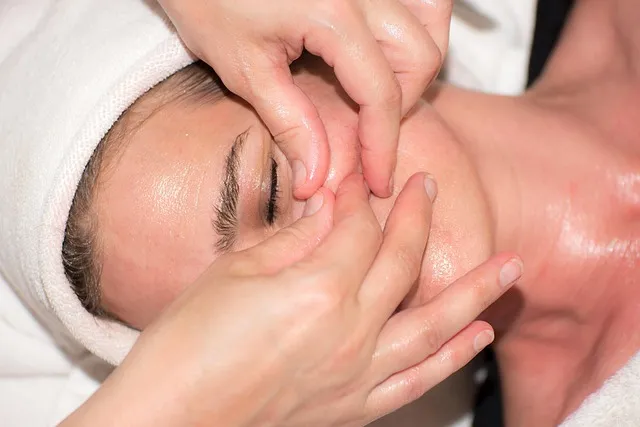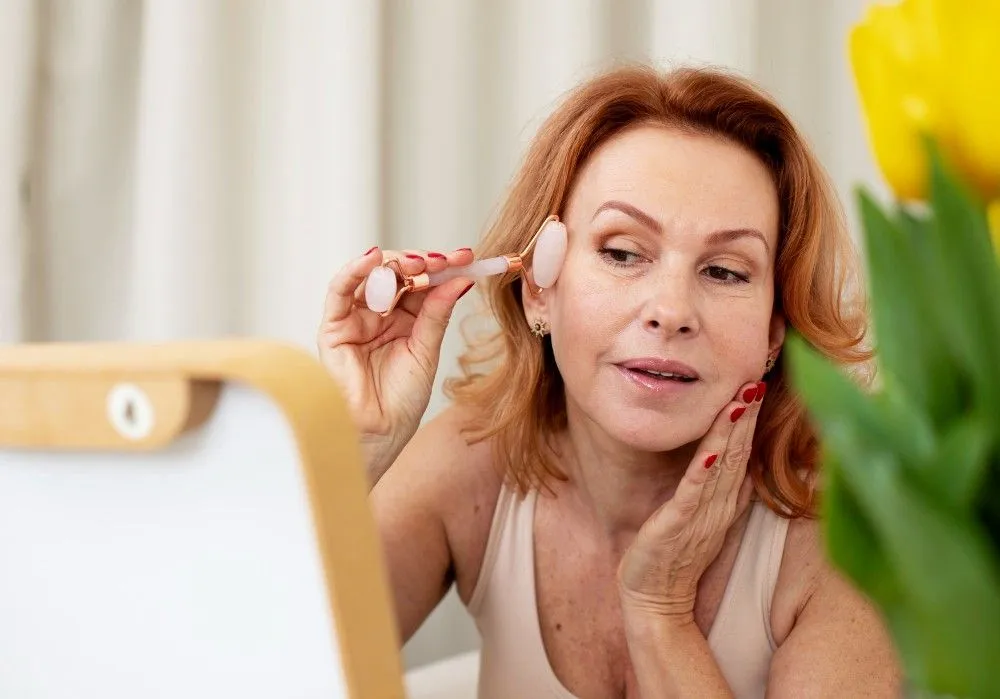Psoriasis is an autoimmune disease that develops when the immune system works more than required creating cells too quickly. In this condition, there is visible skin inflammation which generally results in red patches. Even Celebs like Kim Kardashian have it! Unfortunately, Psoriasis is incurable.
Medical consultation and treatment reduce the effect of the disease. The severity of Psoriasis differs from person to person. In some people, it is mild and barely noticeable while in others the patches are distinctly visible.
Causes
The exact cause has not been deciphered yet. However, through research, it is known that the disease relates to the human immune system and genes play an important role in this.
People with Psoriasis have a faster turnover of skin cells which leads to the building of excessive cells on the top layer of the skin, which in turn results in flaky plaques.
The below-listed conditions trigger Psoriasis:
- Stress
- A sore throat
- The intake of medicines containing lithium and Anti-Malaria medicines
- Cold and dry weather
- Cuts, scratches or sunburns
- Excessive alcohol
- Too little or excessive sunlight
Types
Below are 5 types :
- Plaque
- Guttate
- Inverse
- Pustular
- Erythrodermic
The patient may experience one or more of these at a given point of time. At times, the patient may get one of these, and later, the type of Psoriasis may change.
Signs and Symptoms
All the 5 types of Psoriasis have different signs and symptoms. We list below each of these in detail:
#1 Plaque Psoriasis or Psoriasis Vulgaris
- Red patches on the skin which usually occurs on the knees, elbows, lower back and scalp
- Silver or white covered coating on the patch known as Scales
- Scratching leads to thickening of the patches
- Brittle nails
- Severe itching
#2 Guttate Psoriasis
- Small red spots which usually occur on the trunk, arms & legs and at times on the scalp, face and ears too
- Usually occur after an illness especially sore throat
- May occur on the parts where the patient earlier had Plaque Psoriasis
#3 Pustular Psoriasis or Palmoplantar Pustulosis
- Red swollen skin with dotted pus-filled pustules which appear on the palms and soles
- Severe itching
- Fever
- Rapid Pulse
- Loss of appetite
- Muscle weakness
#4 Inverse Psoriasis or Flexural Psoriasis or Intertriginous Psoriasis
Red patches on those parts of the body where the skin touches the skin like armpits, the skin around the genitals
#5 Erythrodermic Psoriasis or Exfoliative Psoriasis
- Fast heartbeat
- Severe pain
- Abnormal body temperature
- Skin turns bright red
Consultation
A Dermatologist is the subject matter expert.
Tests and Investigations
The Dermatologist examines the skin, nails and scalp of the patient. The tests to confirm the diagnosis include:
- Skin Biopsy
- Throat Culture
Treatment Modalities Available
Treatment includes controlling the symptoms, increasing the immunity of the body and preventing secondary symptoms. The treatment includes:
- Treating infection, if any, through antibiotics
- Application of anti-itch and anti-inflammatory topical medication
- Dandruff shampoos for Scalp Psoriasis
- Moisturizer and lotions for soothing the skin
- Medicines containing vitamin D or vitamin A
- Phototherapy, which uses light to treat Psoriasis
- Pills or injections that increase the body's immunity
Complication in Management
The following complications may occur:
- Pain
- Secondary skin infections
- Severe itching
Precautions During Treatment
There is no proven method of preventing Psoriasis. Taking a daily bath and keeping the skin clean at all times is helpful. The patient should scrub the skin gently. It is advisable to keep the skin moist. Relaxation and anti-stress techniques play a significant role to prevent the disease.
Dietary and Physical Activity Requirements during the Course of the Treatment
There are no restrictions on diet or physical activity. However, healthy food and daily exercise would increase the immunity of the body, which would in turn help prevent Psoriasis.
Risk of Infection to other Family Members
Psoriasis is not contagious. It is not passed to other people. One will not get infected by swimming in the same pool or having a physical relationship with the patient.
Precaution to Avoid Recurrence
Psoriasis is a lifelong disease. Keeping the skin clean and moist helps in keeping the effects of the disease under control.
Support from Family
People often panic because of the pain and the lengthy healing process. Reassurance from the family helps calm the patient's psychological, physical and social health.

Reviewed by







